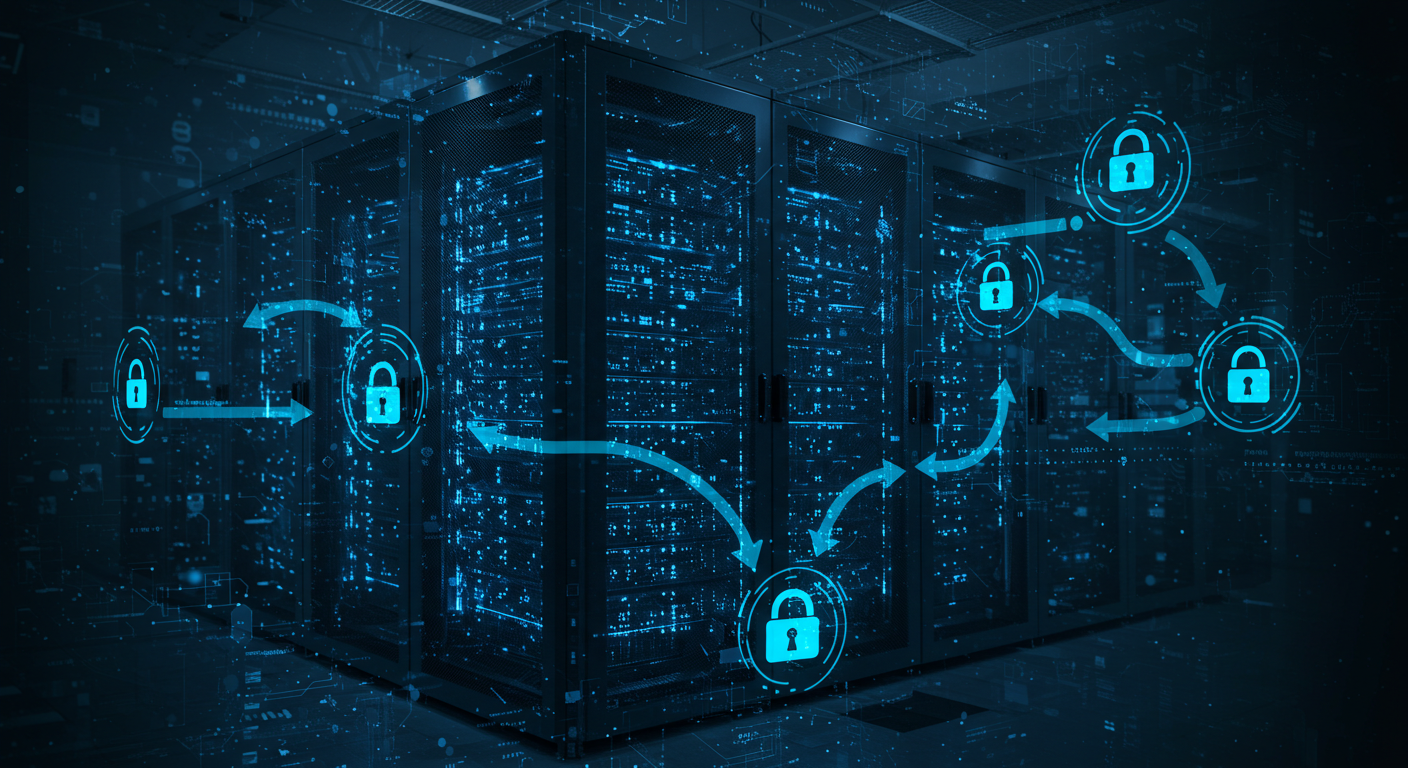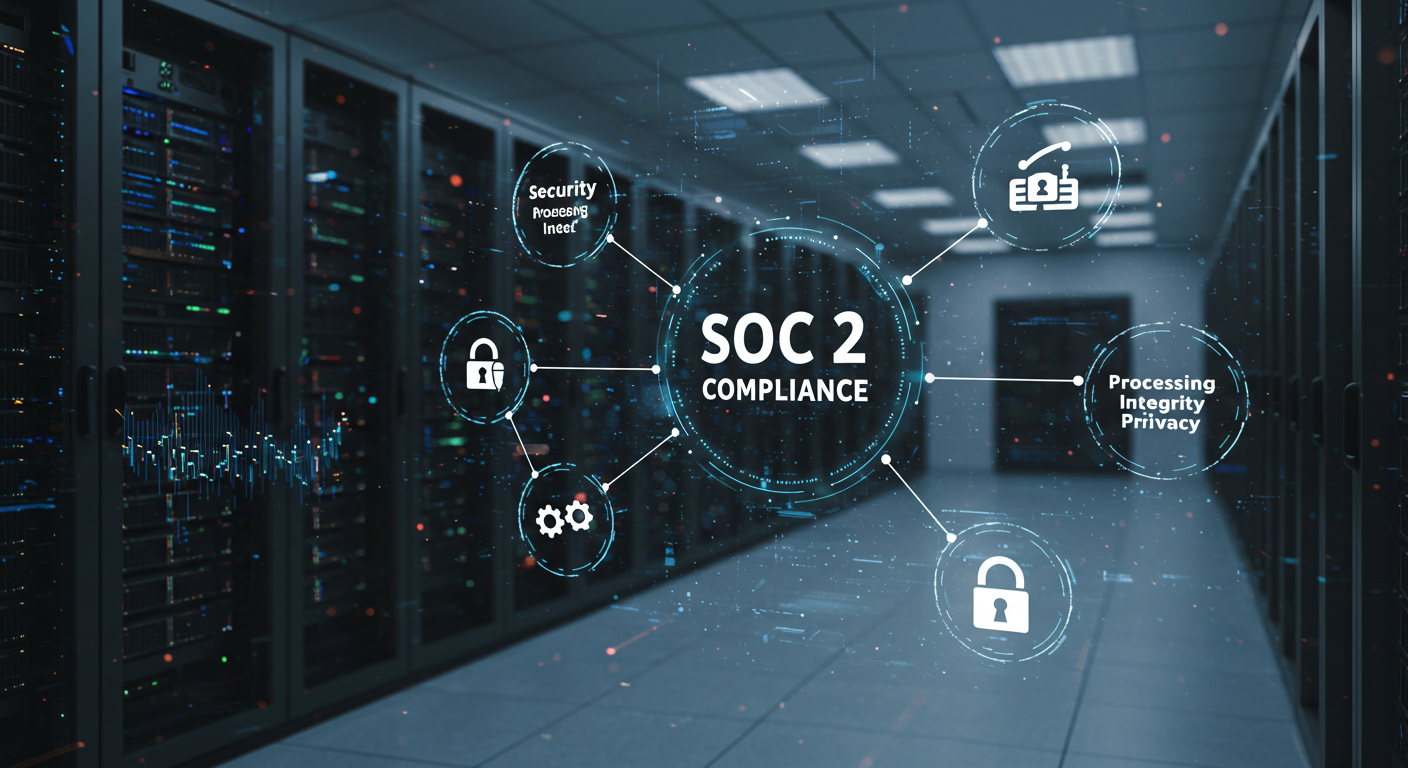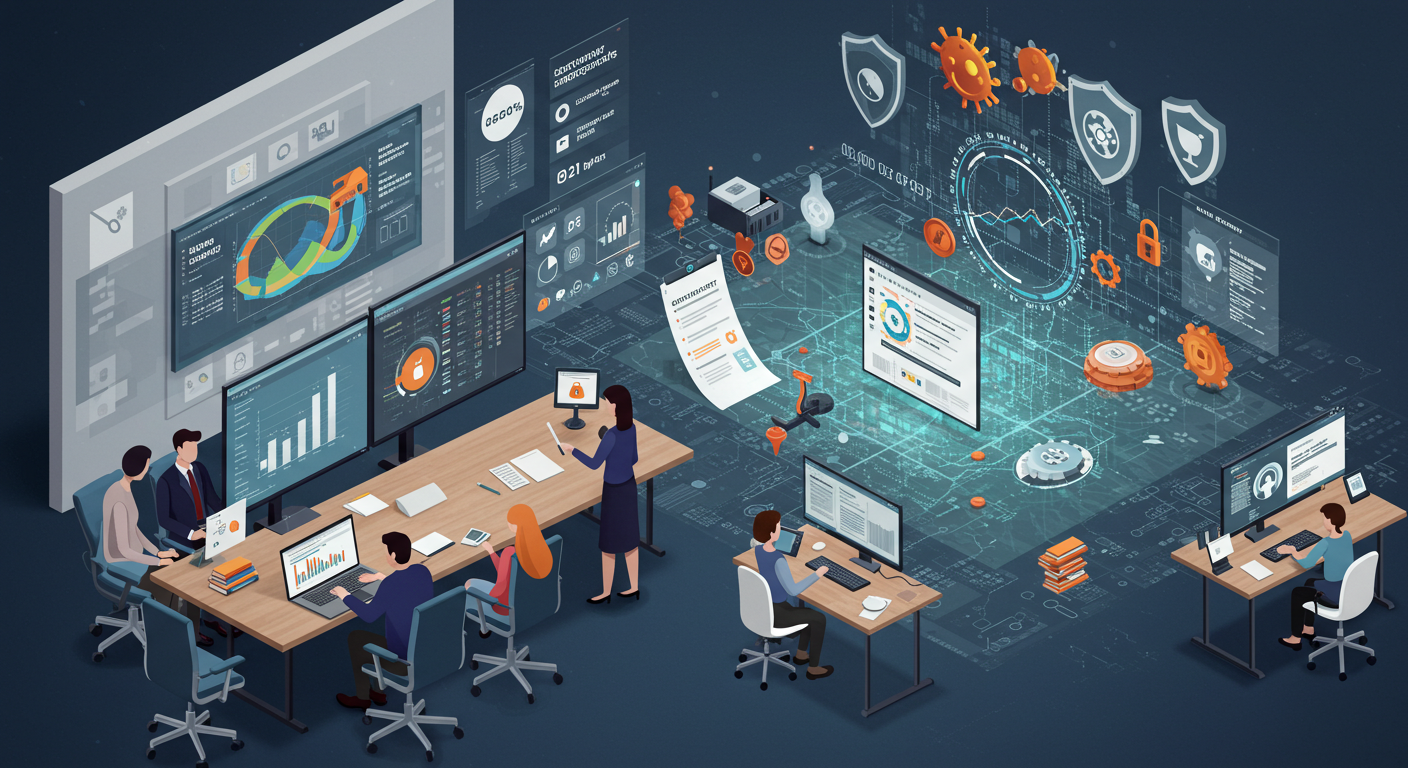As a small business owner, there is a lot on your plate – from managing employees and finances to providing excellent customer service and quality products. But, as technology continues to advance, it’s becoming increasingly important for small businesses to prioritize cybersecurity.
Cyber attacks are on the rise and can have devastating effects on small businesses, from financial losses to a damaged reputation. By taking the time to implement comprehensive cybersecurity measures, you can ensure the complete cyber protection of your business and its data.
In this article, we will go over some steps that you can take to safeguard your data and computer networks from hackers and cyber criminals. From creating secure passwords to implementing antivirus and firewall software, these steps will help your small business cybersecurity program and protect it against cyber threats.
What is small business cybersecurity and why is it important?
Cybersecurity measures are designed to protect your computer systems and data from cyber threats, like viruses, malware, or hackers. It’s important for all businesses, regardless of size, to prioritize cybersecurity as computer-related crime and “cybercrime” are on the rise.
Small businesses are particularly susceptible to cyber-attacks due to a lack of in-house expertise, budgets and resources dedicated to cybersecurity. However, implementing basic cybersecurity measures and utilizing a cybersecurity service can help protect your computer systems and sensitive data and give you peace of mind.
The importance of cybersecurity cannot be overstated as a successful cyber attack can have disastrous consequences for a small business. From financial losses to a damaged reputation, cyber threats can have long-lasting and far-reaching effects.
Implementing firewalls
A firewall is a system designed to block unauthorized computer users from accessing your network. In other words, a firewall is designed to protect your computer systems from outside threats. It blocks unauthorized computer users from accessing your network and prevents malicious software from infecting your system. Firewalls are often built into your router, but you can also install software-based firewalls if your computer systems don’t have them.
Firewalls are an essential part of any cybersecurity strategy. However, relying on a firewall alone is not sufficient to secure your computer systems. You should also regularly install patches and updates, create strong passwords, and back up your data regularly. If your computer systems are ever hacked, a firewall alone won’t be enough to protect your data.
Backing up data regularly
As mentioned above, it’s critical to regularly back up your data. This is especially important if you use computers to store sensitive information. If your systems are ever compromised or destroyed, regular backups can help you quickly restore your data. It’s also critical if you ever need to report a data breach or are subject to mandatory reporting.
While cyber attacks that lead to data breaches are on the rise, so too is the number of businesses that report them. This means that you may need to be prepared to report a data breach. In fact, certain states are considering laws that would require companies to report suspected data breaches.
Regular backups can help you do this quickly and easily. You should back up your data both onsite and offsite. This will help ensure that your data is protected in the event that your onsite backups are destroyed or damaged.
Educating employees on cybersecurity
When it comes to cybersecurity, an ounce of prevention is worth a pound of cure. It’s important to educate your employees on best practices that can help protect your company’s data. Start by implementing security protocols and protocols around information-handling practices like reminding employees not to click on suspicious links or email attachments, avoid using public WiFi, and to never share login information.
You can also use an internet firewall to block employees from accessing malicious sites. This can help protect your systems from outside threats. You might also consider working with an outside cybersecurity firm. They can help you train employees and protect your computer systems from outside threats.
Using two-factor authentication
Two-factor authentication is an essential part of any cybersecurity strategy. It requires users to log in with a username and password and then input a unique code that is sent to their phone. By adding this extra layer of protection, you can help prevent hackers from gaining access to your systems and sensitive data.
However, two-factor authentication isn’t foolproof. Hackers can use methods like social engineering to trick users into handing over their credentials. That’s why it’s important to always use strong, unique passwords and two-factor authentication to lock down your systems.
Updating software and hardware
Another important step to securing your computer systems is to regularly update your software and hardware. One of the most common ways for hackers to gain access to computer systems is to exploit system flaws or weaknesses in software. By regularly updating your software, you can help prevent hackers from exploiting these weaknesses in your systems.
You should also regularly update your hardware. Computers and other hardware have a limited lifespan and will eventually become outdated. By regularly updating your hardware, you can help ensure that your systems remain secure and protected from cyber threats.
Working with a cybersecurity monitoring company
Finally, you may want to consider partnering with a cybersecurity monitoring company. These companies can monitor your computer systems and look for suspicious activity, like malware, viruses, or abnormal traffic. They can then send you alerts and advisories when they detect potential threats.
Working with a cybersecurity monitoring company can help ensure that you don’t miss threats to your computer systems. Cyberattacks are occurring more frequently and with more intensity than ever before. While they may seem overwhelming, the good news is that there are many ways you can protect yourself, and the best way to do so is by working with an expert cybersecurity monitoring firm.
How to choose a cybersecurity monitoring company
When choosing a cybersecurity monitoring company, make sure to select one that has experience working with small businesses. Many cybersecurity companies offer tailored plans for small businesses, allowing you to choose the level of protection that’s right for you.
Start by assessing your current cybersecurity measures and addressing any gaps in coverage. Once you’ve determined your cybersecurity needs, it’s time to start shopping for a monitoring company.
Consider the following factors when choosing a cybersecurity monitoring company:
- Protection – How much are you willing to spend on cybersecurity? This will determine the level of protection that’s right for you.
- Customer Service – How responsive is the company to your needs? Is someone available to answer your questions?
- Features – What type of services does the company offer? Is there a mobile app? How much data are you able to store?
- Contract – What are the terms and conditions of the contract? What happens when you terminate the contract? Is there a cancellation fee?
By taking the time to ask these questions you’ll be able to ensure that you partner with a cybersecurity monitoring provider that understands your needs and is equipped with the right tools to manage all your cybersecurity tasks.
Consider a cybersecurity consulting service
A cybersecurity consulting service can help your business implement best practices for cybersecurity. These services are great for small businesses that don’t have the in-house expertise necessary to properly protect the data of their business.
A cybersecurity consulting services works closely with you and your team to develop a comprehensive cybersecurity plan customized to your business. Such a plan will account for all aspects of cybersecurity, including employee training and data protection strategies.
When choosing a cybersecurity consulting service, make sure that they have the necessary experience and qualifications. If you’re not sure, you can ask to see their past work and the type of clients they’ve worked with.
It’s also important that they understand your business and its needs. You should feel comfortable working with them, and they should be able to provide you with realistic timelines and budgets.
Conclusion
Cybersecurity is a critical aspect of running any business. Small businesses are especially at risk of cyber-attacks due to their lack of in-house expertise with cybersecurity. However, by implementing comprehensive cybersecurity measures, small businesses can protect themselves from cyber threats.
When choosing a cybersecurity monitoring company, make sure that they provide a comprehensive solution. When choosing a cybersecurity consulting service, make sure that they have the necessary experience and qualifications. By following these tips, you can ensure the complete protection of your business against cyber threats.
There are many cyber services providers offering similar services, but BlueSteel Cybersecurity stands out as an industry leader. BlueSteel has earned a great reputation for providing both comprehensive cybersecurity monitoring services and excellent cybersecurity consulting services. So, if you don’t want to manage your cyber security in-house, then be sure to contact BlueSteel Cybersecurity today to learn more.







